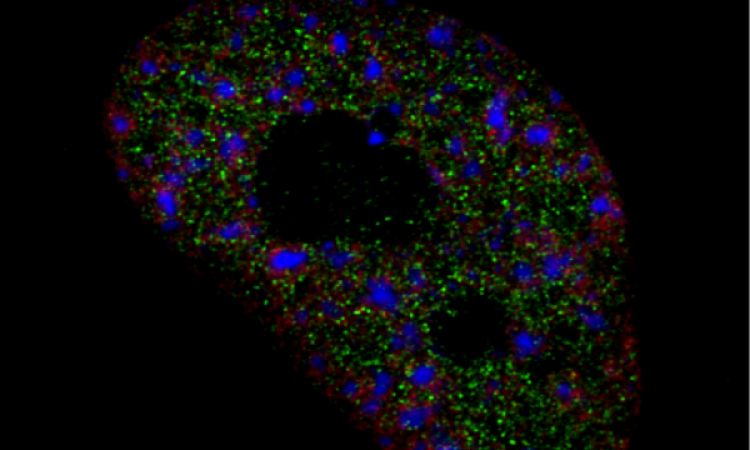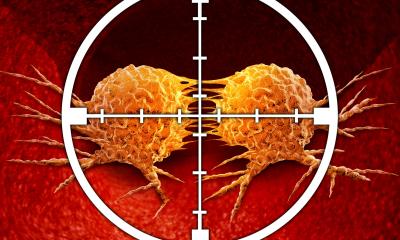Oncology
One more piece in the puzzle of liver cancer identified
Researchers at University of Vienna discover unexpected role of signalling protein in hepatocellular carcinoma.


The most common type of liver cancer, called Hepatocellular carcinoma (short: HCC), is one of the most prevalent tumours worldwide. The survival rate of patients with HCC is, to date, very poor. This is in part due to the heterogeneity of the disease. HCC tumours can exhibit very different molecular features, and this poses a problem for the development of targeted therapies. Therefore, the identification of each individual piece in this molecular puzzle is absolutely vital to shed light on the entire picture of HCC, and will hopefully contribute to improve therapies in the future.
RAF1 is a known player in many forms of tumours. In lung and skin, for example, RAF1 significantly contributes to tumor development.The new findings of Manuela Baccarini and her group now uncover a very different role of RAF1 in HCC. First author Ines Jeric explains: "Our results unravel novel roles of RAF1 in HCC, with opposite functions in different cell types within the liver. RAF1 puts the breaks on the proliferation of malignant hepatocytes, the actual tumor cells; therefore, and unexpectedly, RAF1 is a negative regulator of HCC. On the other hand, in inflammatory cells RAF1 is required to create an environment which stimulates HCC growth." The researchers corroborated this by in vivo studies and by the investigation of human tumor biopsies.
Currently, the only approved therapeutic option for advanced HCC is a drug called Sorafenib, which targets many signalling proteins including RAF1. The discovery that lack of RAF1 promoted tumorigenesis highlights the need for a more thorough understanding of the disease at the molecular level. “It would be great if our results could contribute to design novel therapies for HCC, or at least to understand how current therapies work”, says Baccarini. "One more immediate application of our findings could be the use of RAF1 and associated molecules as biomarkers in HCC”.
Source: University of Vienna
23.12.2016





